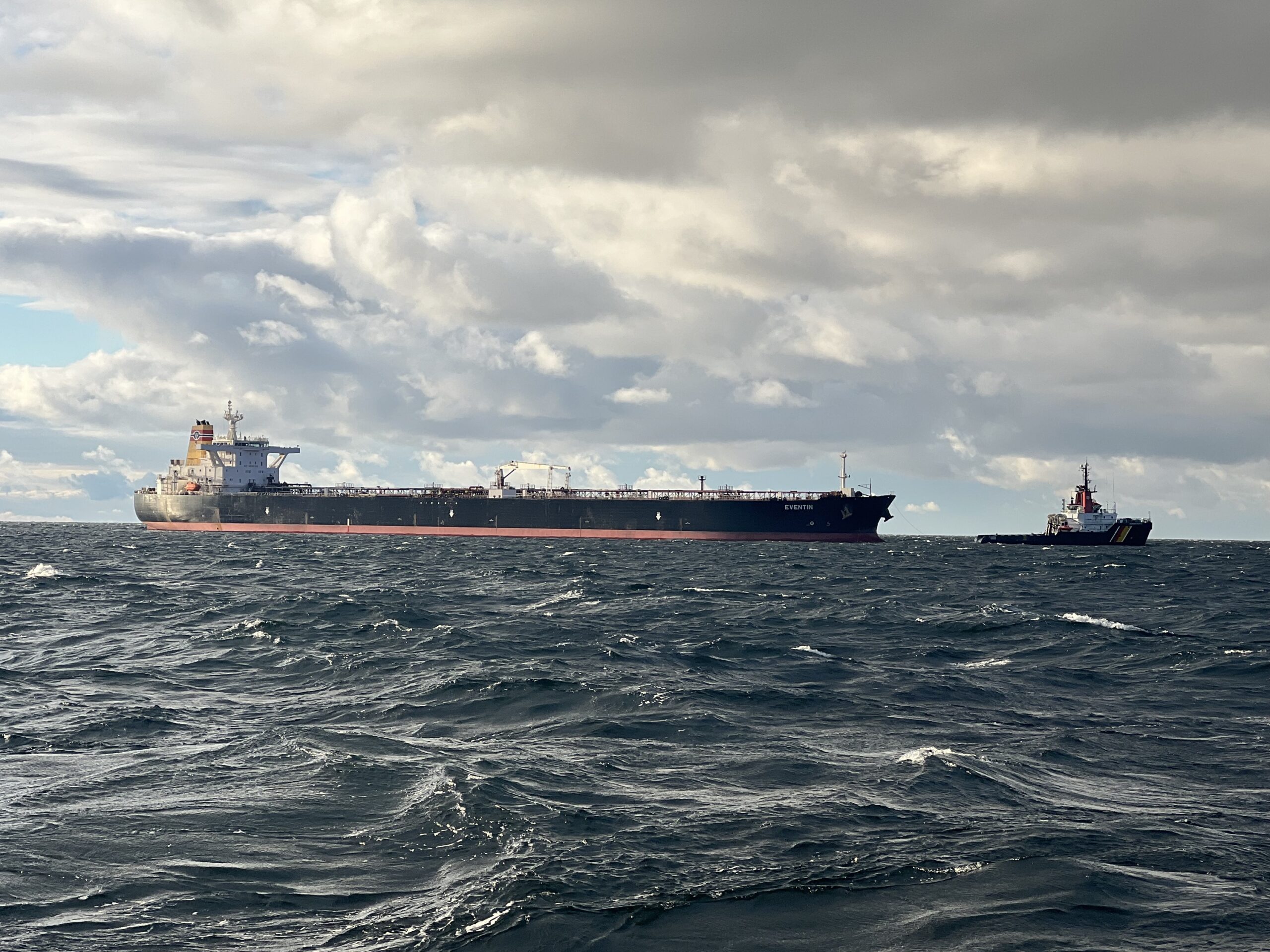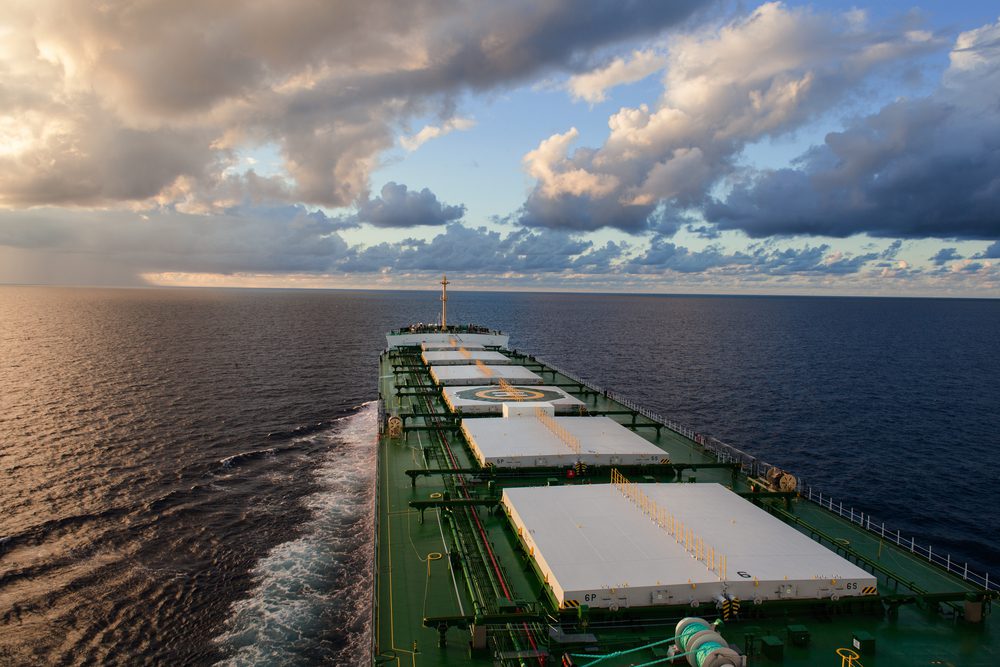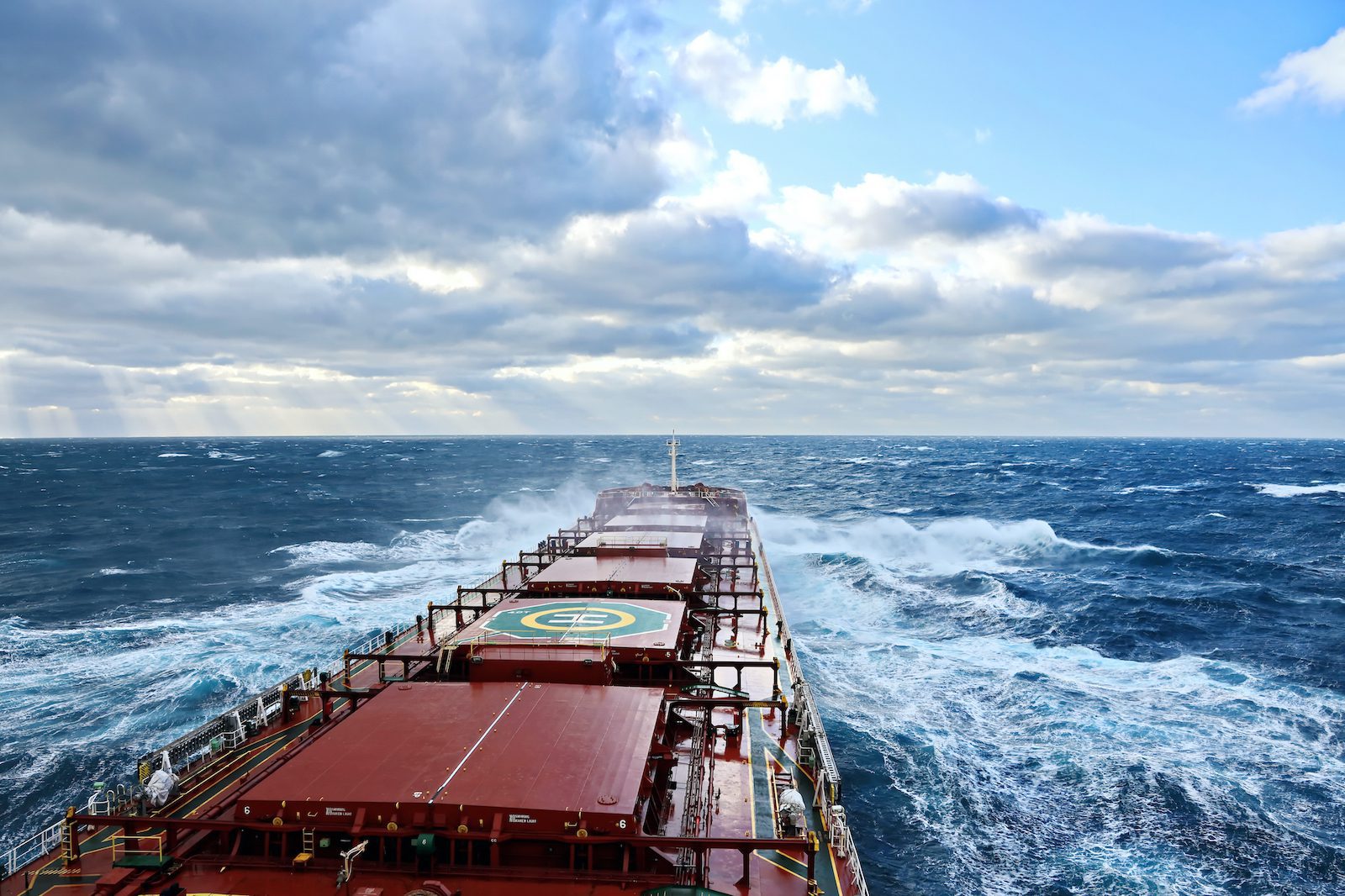Each year, on June 25th, the U.N. International Maritime Organization celebrates ‘Day of the Seafarer‘ as a way to raise awareness about issues facing seafarers and the contribution they make to world trade. This year is particularly difficult.
For a second year in a row, hundreds of thousands of seafarers continue to be impacted by COVID-19 restrictions. For a second year in a row, seafarers’ access to repatriation, shore leave, crew changes, and medical support continue to be a challenge. For a second year in a row, seafarers are bearing the brunt of maritime supply chain disruptions.
Last year’s theme, “Seafarers are Key Workers,” set out to campaign IMO Member States to designate seafarers as key workers amid the COVID-19 pandemic and to provide them with the support, assistance and travel options available to all key workers. One year later, only 60 Member States have designated seafarers as key workers. Out of 174 Member States, this is not good enough.
As key workers, seafarers should be entitled to priority access to vaccines and travel without restrictions. But for a large part, they are not. Even still.
This year’s theme is “a future fair for seafarers.” As things stand now, it’s hard to look to the future when there are such pressing issues and an ongoing humanitarian crisis at sea right now.
In his Day of the Seafarer message, IMO Secretary-General Kitack Lim said this year’s Day of the Seafarer “builds on the progress to support seafarers on pandemic-related challenges.” For seafarers stuck at sea for extended periods. For those stuck at home, unable to travel to work and make a living. For those seafarers facing abandonment or food and water shortages. For friends and families of dead seafarers stuck on board ships for months and refused access to repatriation. These words are hardly comforting.
I’m not going to argue what progress has or has not been made over the last year. What I will say is that it’s hard to “celebrate” when injustices against seafarers continue to pile up. We need action. We need governments to not only recognize seafarers as key workers, we need them to treat them as such. Access to vaccines, access to travel, access to repatriation.
If the IMO’s goal with Day of the Seafarer is to “raise awareness” about seafarers’ contribution to world trade, the world will learn soon enough just how important seafarers are unless we start to see some changes. It’s easy to share words of encouragement on social media about the importance of seafarers. What’s harder is solving root problems that currently plague them.

 Join The Club
Join The Club










